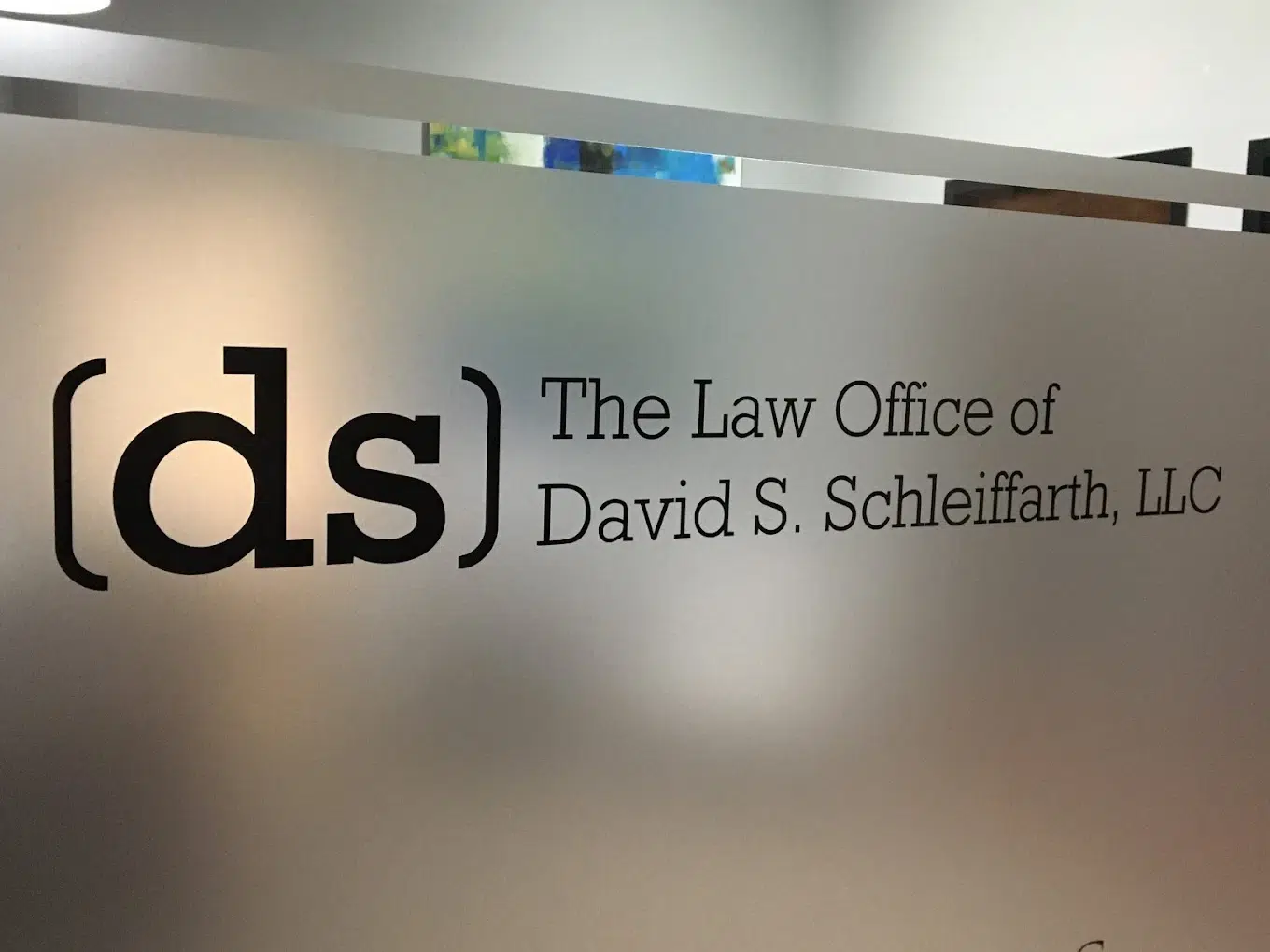Testamentary Trusts Lawyer
As a leading estate planning attorney in Missouri, Attorney David S. Schleiffarth has the years of experience, resources, and expertise needed to provide custom-tailored legacy plans for clients in St. Louis and beyond. Schedule a consultation today to receive top-tier legal advice.
Let’s be honest: No one wants to think about their death. However, avoiding this inevitability robs an individual of the opportunity to make impactful decisions about their end-of-life care, beneficiaries, and legacy. Fortunately, estate planning offers individuals a proactive remedy.
Estate planning is the process of planning for the management, division, and distribution of an individual’s estate, as well as establishing their preferences for end-of-life decisions. Effective estate planning weaves together various legal documents, tools, and approaches to create one comprehensive strategy.
One commonly used estate planning tool in Missouri is the testamentary trust, which allows an individual to manage and protect assets through a corresponding trust and will. This article will explain everything you need to know about testamentary trusts in Missouri, including key elements, pros and cons, and how an experienced testamentary trusts lawyer can help you design a comprehensive estate plan.
contact us
Understanding Testamentary Trusts
Whereas a living trust is created during the grantor’s lifetime, a testamentary trust is not established until after the grantor passes away and their will goes through probate. At this point, the decedent’s executor establishes the testamentary trust as outlined in their last will and testament. Here are the key components of testamentary trusts in Missouri:
- Creation. A testamentary trust is established by including specific provisions in the will, including the designation of a trustee, beneficiaries, and instructions for how to distribute trust assets.
- Purpose. The purpose of a testamentary trust is to manage and protect assets for beneficiaries who may not be able to manage the assets themselves, such as minor children, individuals with special needs, and other beneficiaries.
- Implementation. The decedent’s will must go through the probate process, during which time the probate court will validate it and oversee the establishment of the testamentary trust.
- Trustee. The trustee is appointed through the will to manage the trust and has a fiduciary duty to act in the best interest of the beneficiaries according to the terms set out in the will.
- Control over asset distribution. The testator can use their will to detail specific instructions on how assets in the trust should be managed and distributed, including stipulations on when and how beneficiaries can receive their inheritances.
- Asset protection. A testamentary trust can act as a shield for assets, protecting them from creditors and spendthrift beneficiaries.
In summary, a testamentary trust is an estate planning tool designed to help protect and manage assets for beneficiaries. It is established after the decedent’s will goes through probate, according to the terms outlined in their will.
Pros of a Testamentary Trust
The effectiveness of any estate planning tool depends on an individual’s specific financial goals and circumstances. Some potential advantages of implementing a testamentary trust include the following:
- Greater control over asset distribution. By allowing the grantor to set specific terms and conditions for how and when beneficiaries receive their inheritance, a testamentary trust allows for long-term management of assets according to the grantor’s wishes.
- Protection for beneficiaries. Testamentary trusts can shield assets from beneficiaries’ creditor claims, ensuring funds are used for their intended purpose, and help protect beneficiaries who are minors, have special needs, or may lack the financial responsibility to manage the assets on their own.
- Flexibility. Testamentary trusts can be revoked or amended during the grantor’s lifetime to reflect changes in the grantor’s circumstances or wishes.
- Guardianship and care provisions. Testamentary trusts also provide a way to ensure that minor children have access to funds for education and other important needs.
This is not an exhaustive list of the potential advantages of a testamentary trust but rather a few of the pros associated with this particular estate planning tool. A testamentary trusts lawyer can help you explore the full extent of the possible benefits.
Cons of a Testamentary Trust
Although testamentary trusts offer a range of possible benefits to their users, they also come with drawbacks. Potential disadvantages of a testamentary trust include the following:
- Probate requirement. Whereas some types of trusts are designed to avoid the probate process, testamentary trusts must go through probate — which can be a time-consuming and costly process for beneficiaries, delaying the distribution of assets.
- Public record. Probate proceedings are public, meaning that the details of the trusts, its assets, and its beneficiaries are part of the public record.
- Ongoing administration costs. The ongoing management of a testamentary trust includes record-keeping, filing taxes, and other administrative tasks — including those of the trustee — that incur additional costs and legal fees.
- Irrevocability after death. After the decedent’s will goes through probate, the terms of the testamentary trust are typically irrevocable, which can be problematic if beneficiaries’ life circumstances change drastically after the grantor’s death.
At the end of the day, the potential pros and cons associated with a testamentary trust depend largely on an individual’s specific circumstances, assets, beneficiaries, goals, and other factors. A testamentary trusts attorney can provide clarity about whether this particular estate planning tool is a positive implementation to your larger estate plan.
Why You Need a Lawyer for Testamentary Trusts
Navigating the complexities of trust creation requires estate planning expertise and a deep understanding of Missouri law. Working with an experienced estate planning attorney for testamentary trust preparation is important for several reasons, including the following:
- Compliance with state laws. Estate planning rules vary by state, and a St. Louis testamentary trusts lawyer can ensure your trust maintains compliance.
- Expert drafting. Errors and ambiguities can render a trust document unenforceable, which is why it’s important to work with an attorney to ensure yours is legally binding.
- Custom-tailored approach. Your estate planning attorney can tailor the details and terms of your testamentary trust to meet your unique needs and goals, whether they include providing for young children, navigating complex family dynamics, protecting assets from creditors, or something else.
- Tax advantages. An estate planning lawyer in St. Louis can help structure your trust to reduce tax liabilities for your estate and beneficiaries.
- Dispute resolution. By ensuring the terms of the trust are clear and precise, an attorney can help prevent misunderstandings and disputes among beneficiaries and loved ones, as well as provide a path for dispute resolution, should conflicts arise among family members.
- Probate efficiency. An attorney can help guide an executor through the probate process, helping guarantee a streamlined administration that aligns with the decedent’s will.
Estate planning law is complex, and successfully implementing a testamentary trust typically requires working with an experienced, dedicated legal professional. Luckily, you don’t have to look too far for top-tier legal services in St. Louis, Missouri.


David S. Schleiffarth: Top
Testamentary Trusts Lawyer in
St. Louis, MO
Ready to explore your estate planning options? The Law Office of David S. Schleiffarth, LLC, is here to guide you through the process with efficiency and confidence. After a thorough review of your situation and goals, our legal team will help you design the most advantageous estate plan possible. Contact our law firm online to start securing your legacy today.
Our Process
Approachable Estate Planning. From start to finish, we are here to shoulder the load and make Estate Planning easy!
STEP 1
Make an appointment
Call, text, or email and we will find a time that works with your schedule.
STEP 2
Initial appointment
We discuss your life, family, financial situation, & Estate Planning goals. You do not need to bring anything.
STEP 3
Drafting
You do nothing. Relax and we will prepare drafts of your documents in approximately 2 weeks.
STEP 4
Review & approval
You look over your documents. We answer questions and make any changes as needed.
STEP 5
Signing appointment
Once your documents have met your satisfaction, you will sign the final drafts at our office. (In front of 2 witnesses and a notary–provided by us, of course).